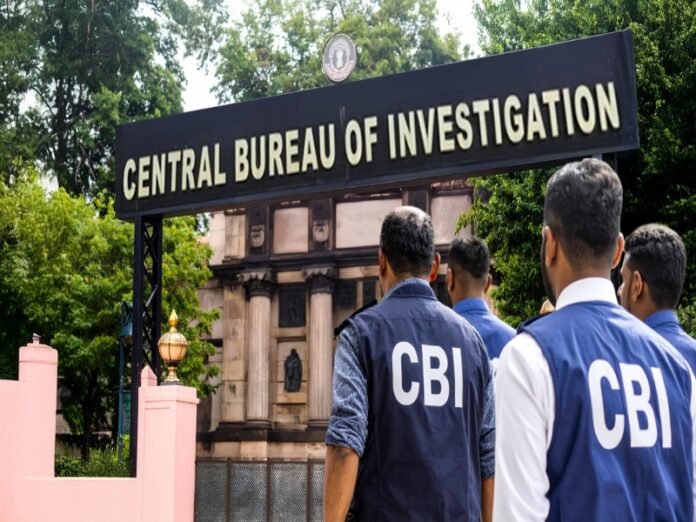Asaduddin Owaisi Urges Supreme Court to Speed Up Decision on Waqf Amendment Act
Hyderabad MP Asaduddin Owaisi, the president of AIMIM, is calling on the Supreme Court to fast-track its final ruling on the controversial Waqf Amendment Act 2025. Speaking to reporters on Monday, Owaisi reacted to the court’s recent interim order, stressing that it doesn’t fully halt key parts of the law.
Owaisi made it clear that the Supreme Court has only paused some provisions temporarily. He repeated his strong criticism of the BJP, saying the party wants to wipe out Waqf properties across India. "We hope the Supreme Court starts hearings right away to settle this once and for all," Owaisi said. He warned that the Act won’t safeguard Waqf land—instead, it could hand it over to encroachers and block any real development.
Even with the interim relief, Owaisi fears the BJP will keep pushing to dismantle the Waqf system. "Their goal is simple: no Waqf properties left in India. Everyone’s heard them question why Waqf even exists here, calling it a foreign idea," he added.
On the court’s suggestion to appoint a Muslim as CEO of Waqf Boards whenever possible, Owaisi was skeptical. "The government will just say they couldn’t find a qualified Muslim officer. A party that doesn’t field Muslim candidates or have any Muslim MPs—do you think they’ll pick one?" he asked.
Owaisi highlighted how letting non-Muslims join Waqf Boards could violate Article 26 of the Constitution, which protects religious freedoms. He drew comparisons: "Can a non-Sikh serve on the SGPC? Or a non-Hindu on Hindu endowment boards? It’s the same principle."
He also raised alarms about no elections for state Waqf Boards. Under the new rules, categories like MPs, MLAs, and custodians might skip polls, letting the BJP handpick its loyalists instead.
The Supreme Court didn’t fully block the rule requiring someone to be a practicing Muslim for five years before creating a Waqf. Owaisi noted the court said it can’t be enforced without clear rules to check someone’s faith history. "They’ll just make those rules later," he predicted.
Challenging the BJP-led states, Owaisi demanded data on Waqf donations after religious conversions. "No law stops anyone from any faith from donating property to another religion. Article 300 of the Constitution lets me give my land to whoever I want. So why target just one community?" he questioned.
Owaisi pointed out other unchecked parts, like District Collectors surveying Waqf properties—a job that used to go to independent Survey Commissioners higher up the chain. Only seven states have done such surveys so far, he said. Under the new Act, encroachers could even claim ownership using the Limitation Act.
The court also refused to stay Section 3D, which voids Waqf claims on protected monuments. This, Owaisi argued, would let the Archaeological Survey of India take over Waqf sites. He added that evacuee properties—many of which are Waqf lands in places like western Uttar Pradesh, Punjab, and Haryana—could end up as government assets.
As one of the petitioners challenging the Waqf Amendment Act’s constitutionality, Owaisi promised a full argument when the Supreme Court hears the case for a final verdict. "We’ll lay out everything before the bench," he assured.
This ongoing battle over the Waqf Amendment Act has sparked debates on religious rights, property laws, and community protections in India.
Stay informed on all the latest news, real-time breaking news updates, and follow all the important headlines in world News on Latest NewsX. Follow us on social media Facebook, Twitter(X), Gettr and subscribe our Youtube Channel.



